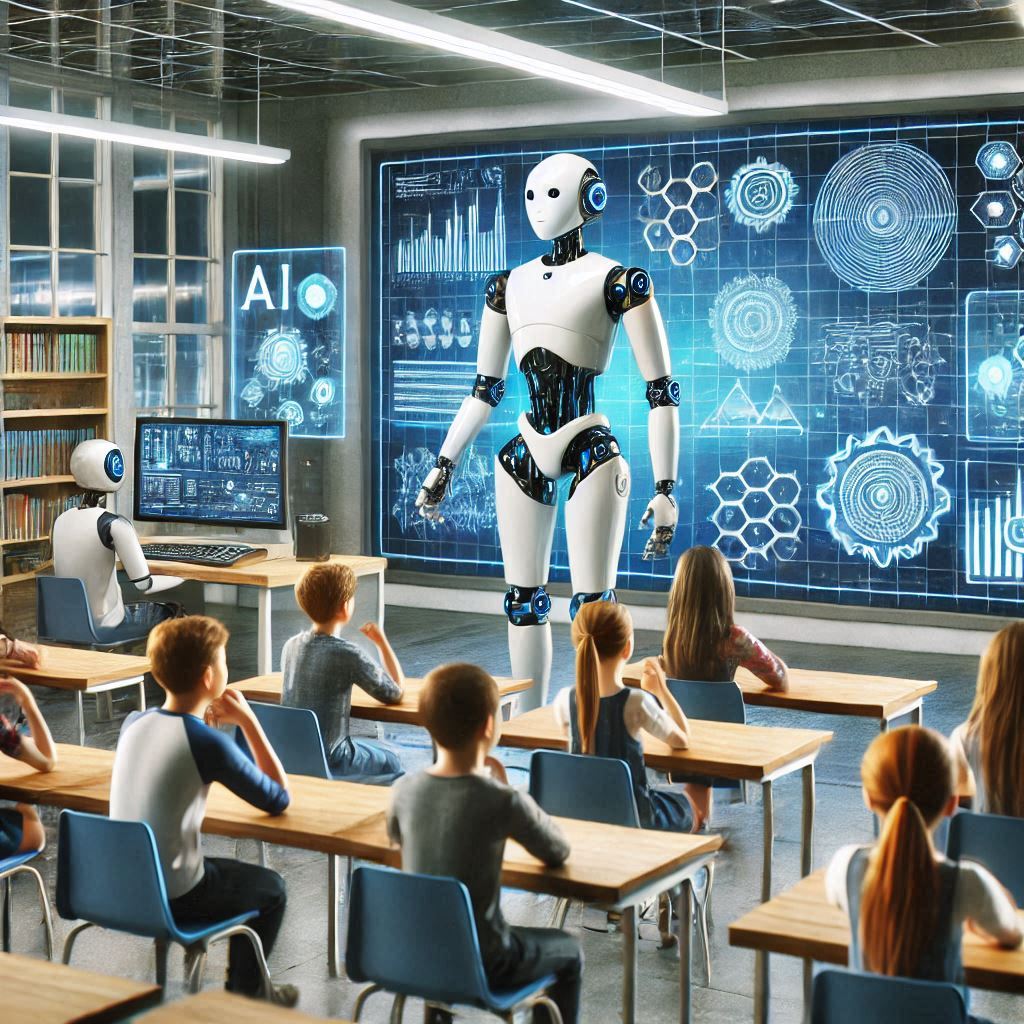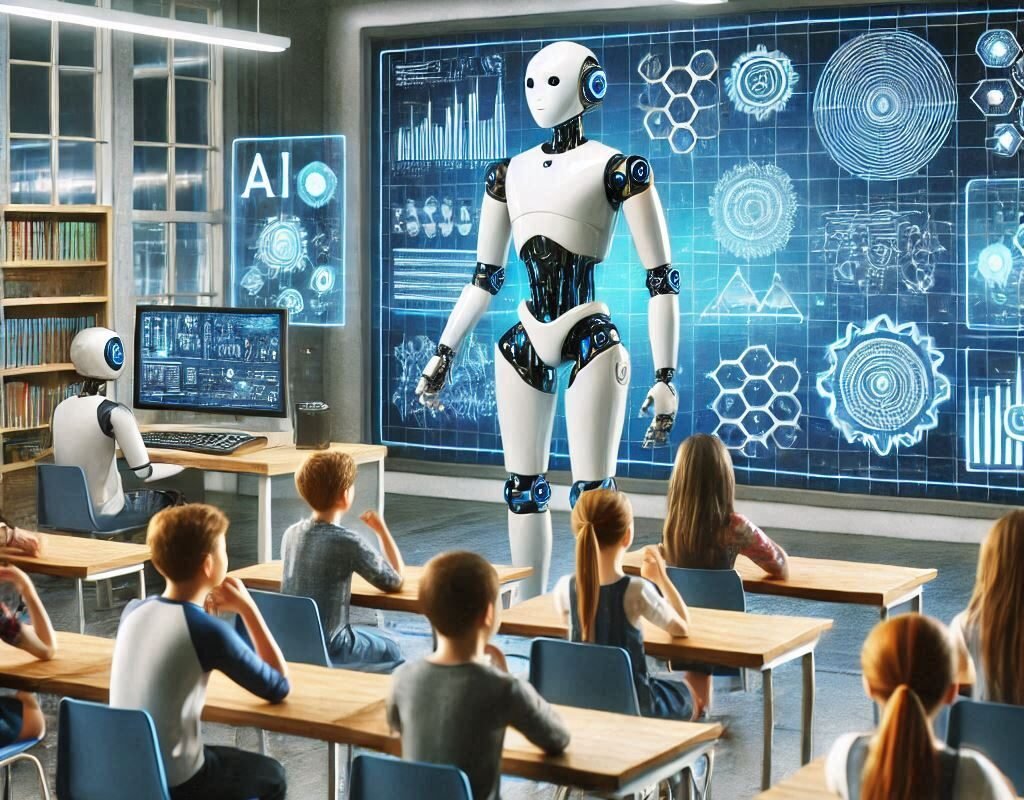
Introduction In recent years, artificial intelligence (AI) has made significant strides in various fields, and education is no exception. From personalized learning experiences to automated grading systems, AI is revolutionizing the way we teach and learn. In this blog post, we will explore the various ways AI is transforming the classroom and what the future holds for education.
Personalized Learning One of the most significant impacts of AI in education is the ability to provide personalized learning experiences. AI-powered platforms can analyze students’ learning patterns and adapt the curriculum to meet their individual needs. This ensures that each student receives the right level of challenge and support, making learning more effective and engaging.
Automated Grading Systems Grading assignments and exams can be a time-consuming task for educators. AI-powered grading systems can automate this process, providing quick and accurate feedback to students. This not only saves time for teachers but also allows them to focus on more critical aspects of teaching, such as lesson planning and student engagement.
Virtual Tutors and Assistants AI-powered virtual tutors and assistants are becoming increasingly popular in classrooms. These tools can provide students with instant help and support, answering questions and providing explanations in real-time. This can be particularly beneficial for students who need extra help outside of regular class hours.
Predictive Analytics AI can also be used to predict student performance and identify those who may be at risk of falling behind. By analyzing data such as attendance, grades, and participation, AI can provide early warnings to educators, allowing them to intervene and provide the necessary support to help students succeed.
Challenges and Considerations While AI has the potential to transform education, it is essential to consider the challenges and ethical implications. Issues such as data privacy, algorithmic bias, and the digital divide must be addressed to ensure that AI benefits all students equally.
Conclusion The future of education is undoubtedly intertwined with the advancements in AI. As technology continues to evolve, it is crucial for educators, policymakers, and technologists to work together to harness the potential of AI while addressing the challenges it presents. By doing so, we can create a more inclusive, effective, and engaging learning environment for all students.


